Sculptophilia
How does one go about exhibiting sculptures in museums? If we view sculpture through the singularity of the artistic medium, several thought-provoking questions arise: What defines sculpture and what are its confines? How can sculpture be exhibited and what possibilities are there for its presentation in museums?
The Sculptophilia section is comprised of six segments, namely: Depot – methods of preserving sculptures of various sizes and forms within the storage capacities of the depot; Morphology – the framework of the extensive presence of portrait as a sculptural form through numerous variations in terms of style, materials and form; Female Sculptors – revision of the significance and position of women in sculpture; Master – a monograph presentation illustrating the work of Đorđe Jovanović, whose sculptures dominate the collection of the Gallery of Matica Srpska; Exquisiteness – the notion of exquisite through an exploration of sculptures of high/great historical and artistic value, the concept of confines of sculpture through the examples of intermediality in the context of contemporary creation; and Public Sculpture – the presence of sculpture in public spaces of Novi Sad and the region, through various approaches and contexts.
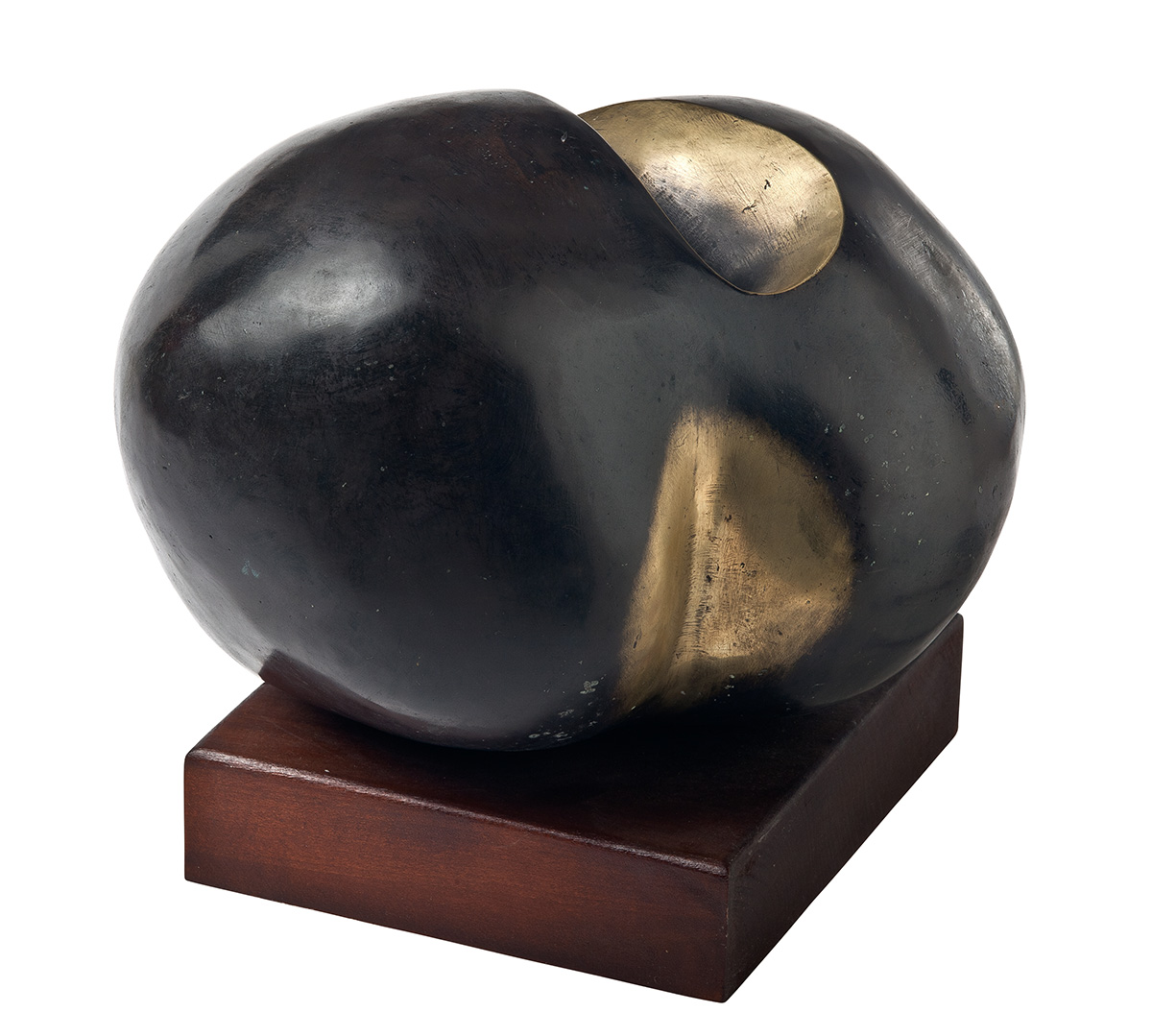
Ana Bešlić
Black Sculpture, 1975
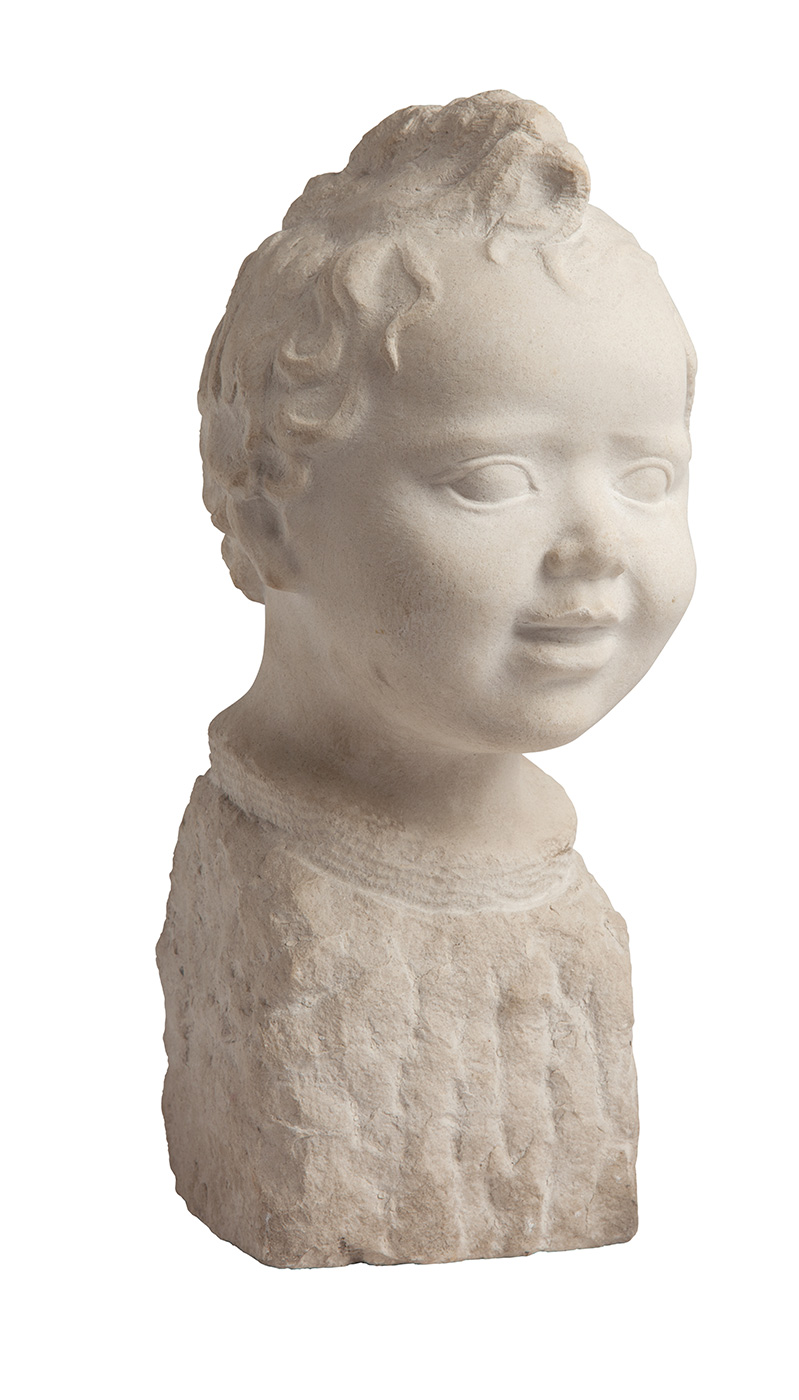
Slavka Petrović Sredović
Little Girl Called Mirna, ca. 1947
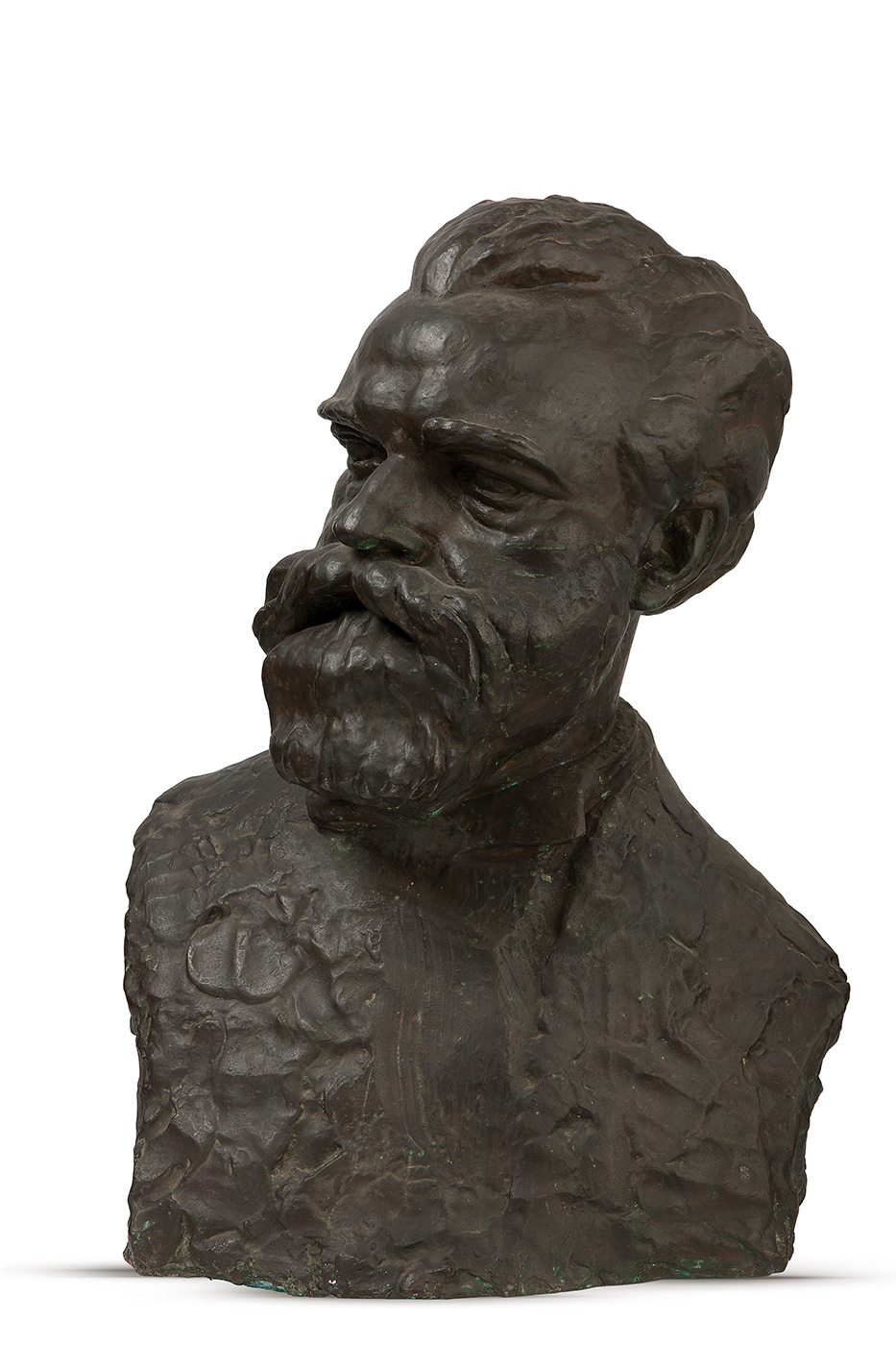
Ivan Meštrović
Dr Svetozar Miletić, Lawyer, Politician and Member of Parliament, 1926-1927
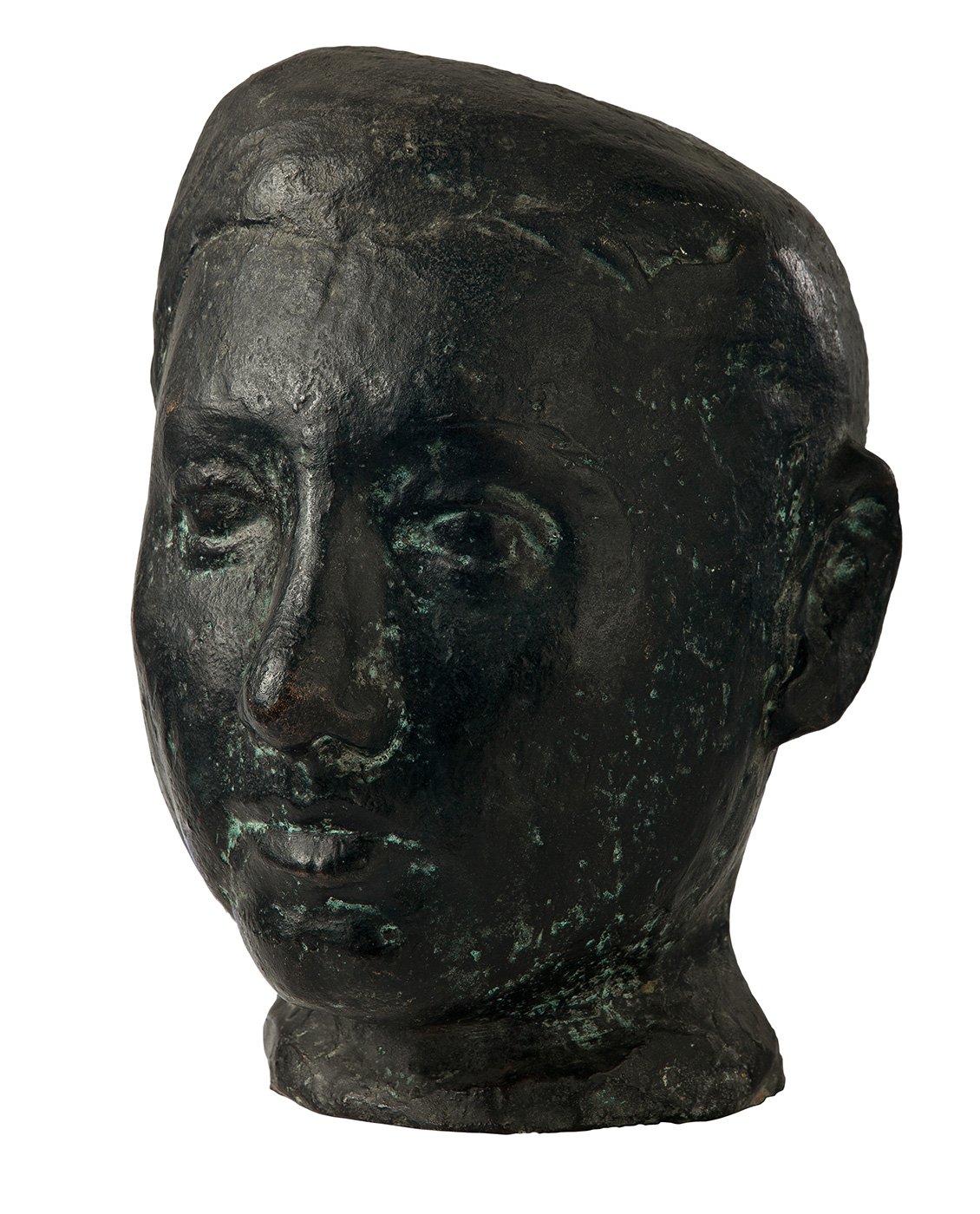
Kosta Angeli Radovani
Head of a Woman, 1951
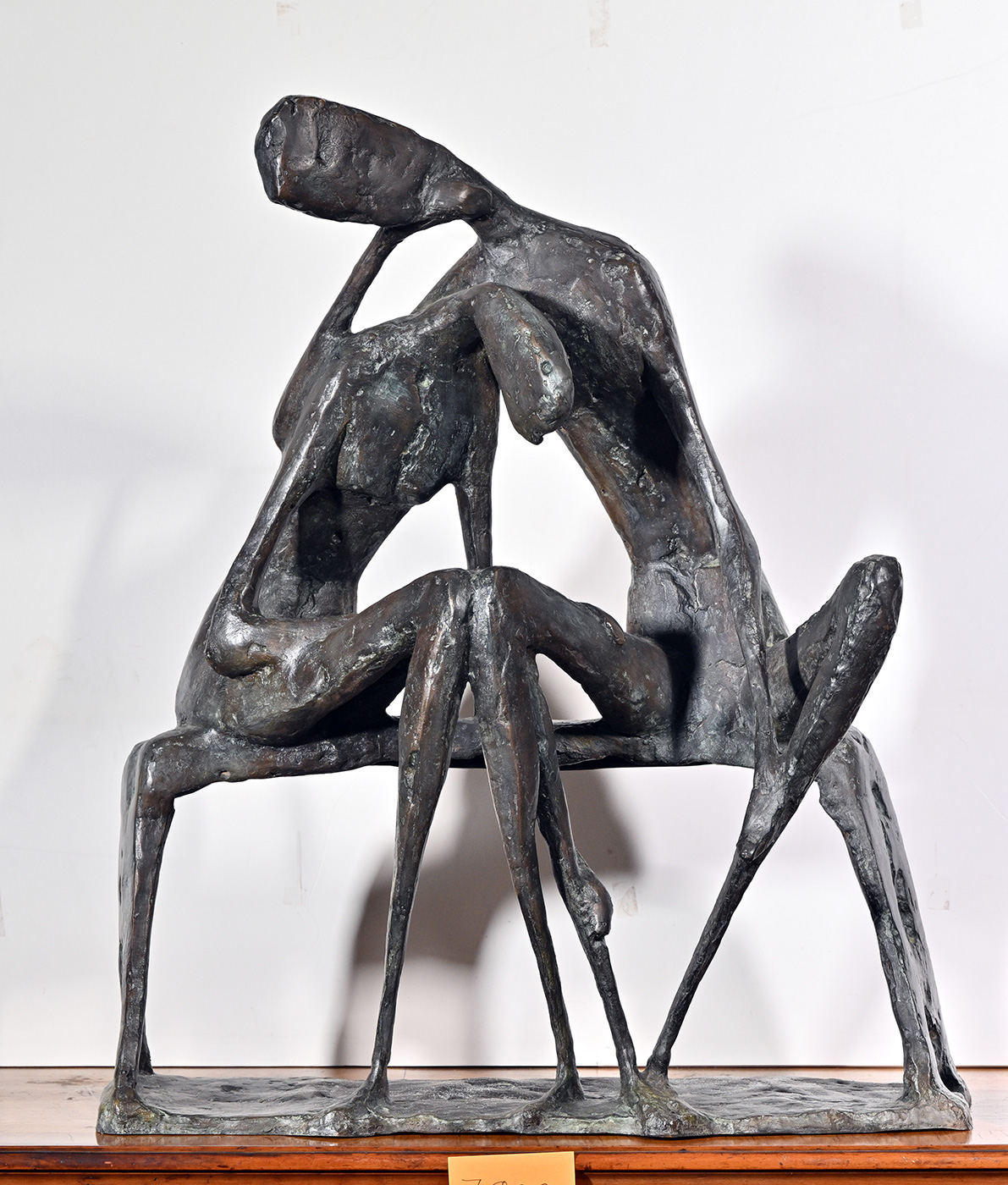
Jovan Soldatović
The Pair, 1964
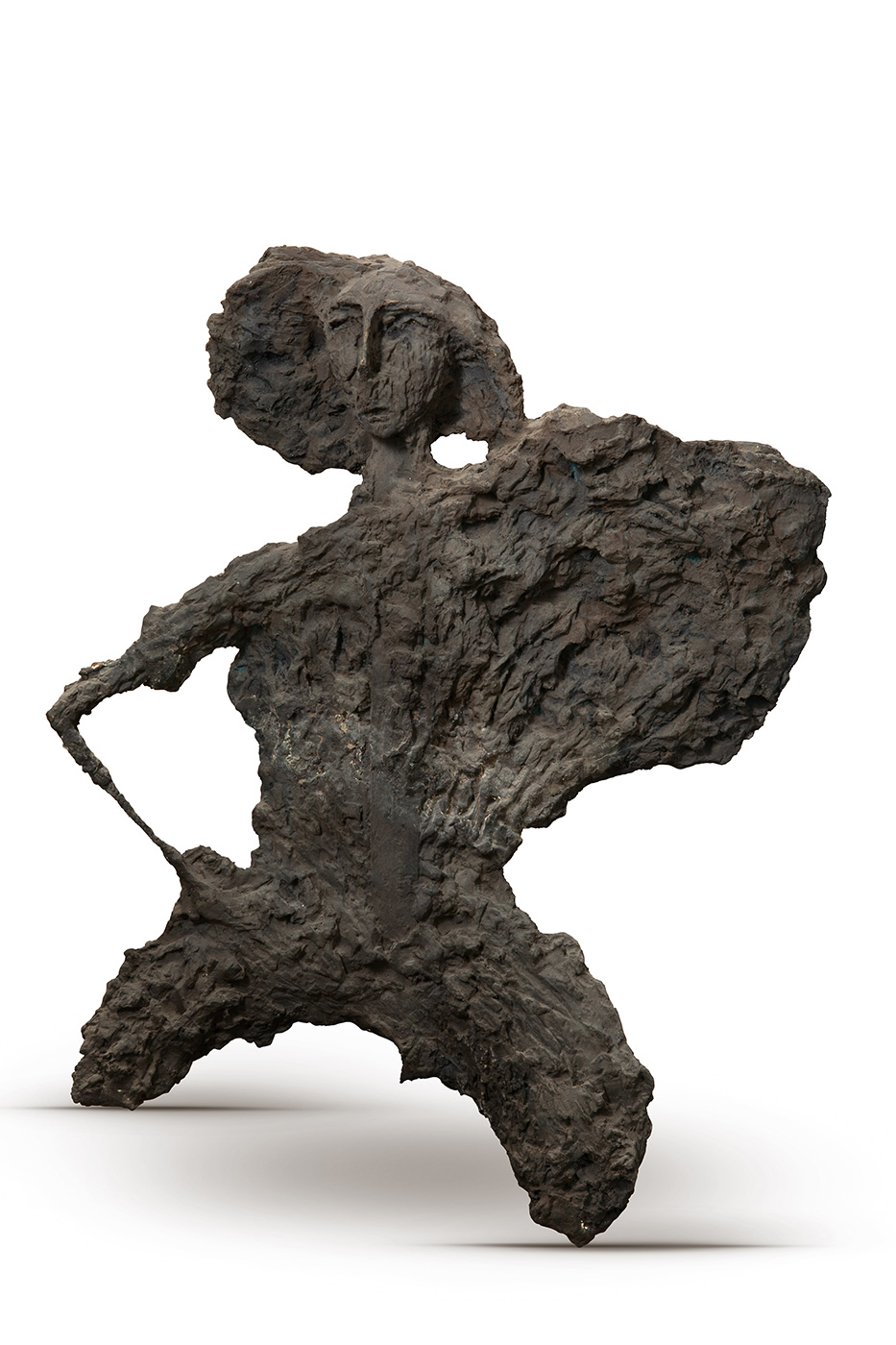
Vidosava Jocić
Warrior, 1963